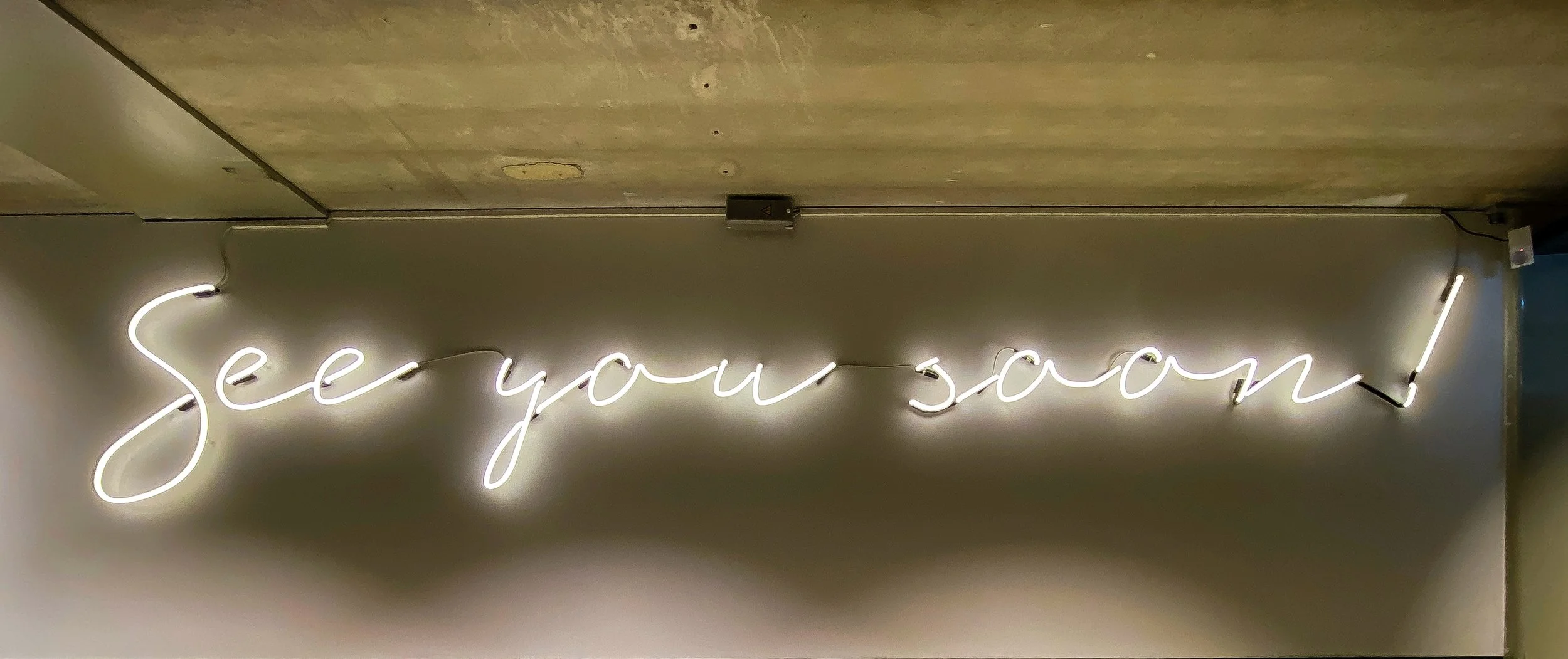20 Questions to help you develop your characters (1 - 10)
Part 1
Reading time: 4 min
Intro
Character Development is without a doubt my Achille’s Heel when it comes to creative writing.
Over the years, I tried countless exercises, techniques, methods that were—mostly—very fun to do, but that rarely helped. In the next few weeks (or months, depending on how much my newborn cries) I’ll share with you my journey towards mastery of character development, showing what I tried, what worked and what didn’t.
Photo by Evan Dennis on Unsplash
The Questionnaire
The simplest, most common and yet effective way to outline a complex character is with a questionnaire. Try to Google it. No, really. I’ll wait. Done? As you might have noticed, there are millions of pages with lists of questions that vary from 6 to 300 or more; and I’m not ashamed to say that I’ve indulged in a ridiculous number of them.
Although I did it because I’m a total dork for improving my writing, a pleasing side effect of my obsession is that you don’t (necessarily) have to do it. Now, I finally have distilled an ocean of questions into only 20. The reason I’ve chosen precisely those twenty is simple: they are irremediably entwined with plot. And because there is no character without a plot and vice versa, I found myself solving plot problems by simply answering character questions.
As always, take what’s useful, drop the rest, and leave a comment to let me know if you found it useful.
The only questionnaire you’ll ever need: questions 1 to 10
1. Why are they the perfect character for your story?
Before you even start developing your character, are you sure they’re the right character for your story? Are you sure they can carry your reader to the end (or do whatever they’re supposed to do) better than anybody else? If yes, why?
You could even turn the question around and ask yourself what’s the best story to show your character at their best, or worst, or both.
2. What is their Fatal Flaw?
Remember, Superman without Kryptonite is not a superhero. It’s just the boring dream of a boring kid during a boring night in a boring suburban house. It’s boring. A great character must have a fatal flaw, a weakness, so that you can show it with honesty and millions of people can see themselves in it.
Have you ever wondered where Pride and Prejudice gets its title?
3. Who are the other characters?
Beginners tend to write about orphans with no siblings and very few friends, but dynamics between characters are as complicated as necessary for a good story. Novels wouldn’t exist without conflict, and that’s why you need a cast of characters to bring your story to life.
For each one, try to answer the following:
Do they love someone?
Do they hate someone?
Why?
Who’s the person able to hurt them the most?
What, between them, can never be fixed?
Don’t play safe. Sprinkle salt on those wounds.
4. When did they suffer the most?
What made your character suffer the most? It can be buried in their backstory, but it can also be waiting for them in the next chapter.
Pain is likely to be the greatest point of contact between a character and their audience.
Try to list the worst moment of your character at any stage of their life (as a kid, as a teenager, at school, etc.) but use only what’s relevant.
5. What are their Passions?
I don’t like starting with my character’s passions as I noticed it tends to flatten them in the long run, but knowing what they like, what drives them will definitely make it easier to follow a direction in your story.
6. What are their Obsessions?
The dark side of a character’s passions is their obsessions. If you pick the right one, you can make it the main driver of the whole narrative.
What is that shiny thing that can blind them to the point of losing everything?
Think about ambition in “The devil’s advocate.” Or heroin in ”Trainspotting.”
7. What are their main crossroads?
What happened in your character’s life that could have been completely different?
The wrong turn leading to an accident, the late train to miss their father’s death, the wrong bag with the secret to defeating the galactic empire. You know what I’m talking about.
What would have happened if it had gone the opposite way?
8. What is the most life-changing choice they’ve ever made?
A slight turn of words here, but the distinction is important. What choices define your character for who they are? Are they good or bad choices? Could they go back and change their decision? What would happen if this was possible? How their choice has locked your character's path? And what is the effect on the other characters?
9. What do they wish they had done in the past but never did?
What did they lack? Courage? A push? Money?
Would they be different if they had?
10. What do they wish they had never done?
Is this mistake irreparable? Does their regret change them in their relationship with others and with themselves?
I know, I know, I said 20, but with a 1-month-old daughter, finding time to write these articles is becoming more and more difficult. If you’re curious about questions 11 through 20, come back next Wednesday for part 2.
Alla prossima.
Photo by Etienne Girardet on Unsplash




